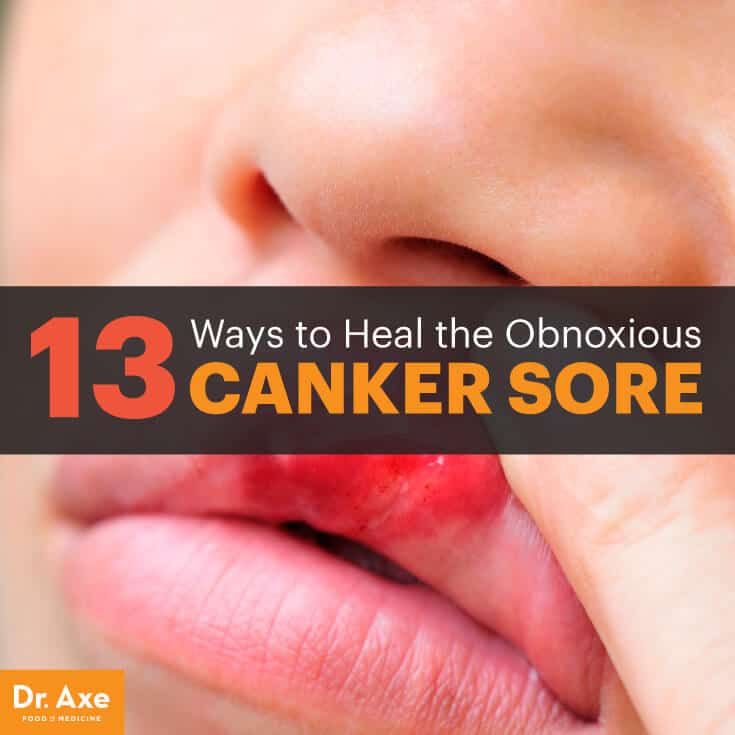Teeth Feel Chalky: Causes Revealed
The sensation of having chalky teeth can be quite unsettling and affect not only one’s confidence but also their overall oral health. This peculiar feeling, often likened to having a dry, powdery texture on the teeth, can stem from a variety of causes. Understanding these causes is crucial for addressing the issue effectively and restoring a healthy, comfortable smile.
Oral Health and Hygiene Practices
One of the primary reasons individuals may experience chalky teeth is due to their oral health and hygiene practices. Poor brushing and flogging techniques can lead to the accumulation of plaque and tartar on the teeth. Over time, this buildup can cause the teeth to feel rough or chalky. Furthermore, the lack of regular dental check-ups can exacerbate the problem, as professional cleanings are essential for removing tartar and preventing its harmful effects.
Dietary Factors
Diet plays a significant role in oral health, and certain dietary factors can contribute to the sensation of having chalky teeth. Consuming high amounts of sugary or acidic foods and beverages can erode tooth enamel, leading to sensitivity and texture changes that might feel chalky. The frequent consumption of these substances can make teeth more susceptible to decay and structural changes, further contributing to the chalky sensation.
Dry Mouth
Dry mouth, or xerostomia, is another common cause of chalky teeth. Saliva helps to neutralize acids, remineralize teeth, and cleanse the mouth. Without sufficient saliva flow, teeth can become more vulnerable to decay and sensitivity, leading to a chalky feeling. Dry mouth can be caused by various factors, including medication side effects, aging, or certain medical conditions.
Grinding and Clenching
Habits such as teeth grinding (bruxism) and clenching can also lead to the sensation of chalky teeth. These actions can cause micro-fractures in the enamel, leading to a rough texture and sensitivity. Over time, this can contribute to the feeling of having chalky teeth, as the structural integrity of the teeth is compromised.
Use of Whitening Products
The excessive or improper use of teeth whitening products can sometimes cause teeth to feel chalky. These products can strip away the outer layer of the teeth, exposing the dentin beneath, which may feel rough or chalky. It’s essential to follow the instructions carefully and consult a dentist before using any whitening treatments.
Underlying Medical Conditions
In some cases, the sensation of chalky teeth can be a symptom of an underlying medical condition. For example, conditions like gastroesophageal reflux disease (GERD) can cause stomach acid to flow up into the mouth, eroding tooth enamel and leading to sensitivity and texture changes. Similarly, certain nutritional deficiencies, such as a lack of calcium or vitamin D, can affect oral health and lead to similar sensations.
Age and Wear
As we age, our teeth naturally undergo wear and tear. The enamel, the hard outer layer of the teeth, can become thinner, exposing the dentin beneath. This can lead to sensitivity and changes in texture, potentially causing the sensation of having chalky teeth. Additionally, the gums may recede with age, exposing more of the tooth root, which can also contribute to this feeling.
Addressing Chalky Teeth
Given the variety of causes, addressing chalky teeth requires a comprehensive approach. This may involve adjusting oral hygiene practices, such as improving brushing techniques, using a fluoride mouthwash, and attending regular dental check-ups. Dietary changes, such as reducing sugar and acid intake, can also help. For those experiencing dry mouth, using a humidifier, chewing sugar-free gum to stimulate saliva production, or using artificial saliva products can provide relief. Individuals who grind or clench their teeth may benefit from wearing a mouth guard at night. If the cause is related to an underlying medical condition, treating the condition directly can help alleviate the symptoms.
Prevention is Key
Preventing chalky teeth involves a combination of good oral hygiene, a balanced diet, and regular dental care. By understanding the potential causes and taking proactive steps, individuals can reduce their risk of experiencing this uncomfortable sensation. It’s also important to be mindful of any changes in oral health and to consult a dentist if concerns arise.
What can I do to prevent my teeth from feeling chalky?
+To prevent chalky teeth, practice good oral hygiene by brushing your teeth at least twice a day with a fluoride toothpaste and flossing once a day. Regular dental check-ups are also essential for removing tartar and catching any potential issues early. Additionally, limit your consumption of sugary and acidic foods and drinks.
Can chalky teeth be a sign of an underlying health issue?
+Yes, in some cases, chalky teeth can be a symptom of an underlying health issue, such as gastroesophageal reflux disease (GERD), nutritional deficiencies, or certain medications that cause dry mouth. If you're concerned about your teeth feeling chalky, it's best to consult with a dentist or healthcare provider to rule out any underlying conditions.
How can I treat chalky teeth caused by teeth grinding?
+Treating chalky teeth caused by grinding involves addressing the grinding habit itself. A dentist can help you identify the best course of action, which may include wearing a mouth guard at night to protect your teeth from further damage. Additionally, practicing relaxation techniques to reduce stress, which can contribute to grinding, can be beneficial.
In conclusion, the sensation of having chalky teeth can stem from a variety of factors, from oral health and hygiene practices to underlying medical conditions. By understanding these causes and taking proactive steps towards prevention and treatment, individuals can mitigate the discomfort and maintain a healthy, confident smile. Whether it involves adjusting daily habits or seeking professional dental care, addressing chalky teeth is essential for overall oral health and well-being.
